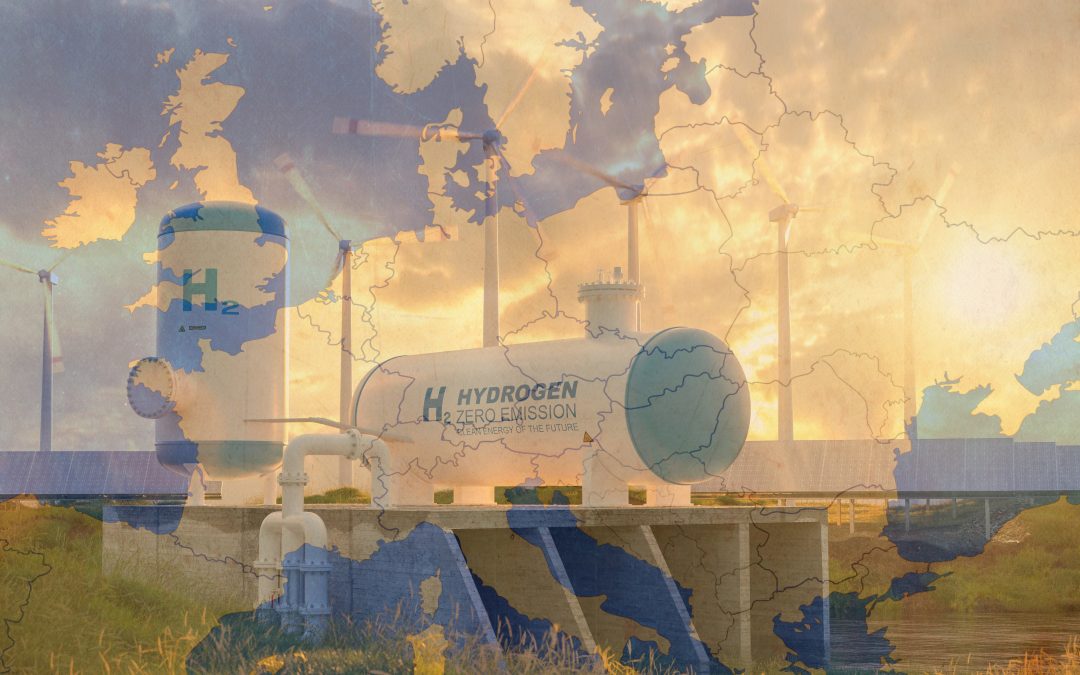
by Lucia Colaluce | Apr 25, 2025
At the Summit on the Future of Energy Security, over 120 ministers, CEOs and international leaders agreed that secure, reliable and affordable energy is critical for economic stability, industrial competitiveness and climate resilience. “Without energy security, there is no national security”, asserts UK Prime Minister Keir Starmer.

by Milena Giorgi | Apr 25, 2025
The consortium formed by Simply Blue Group, Proes Amper, and FF Nev has expressed its readiness to compete in upcoming floating offshore wind auctions. While welcoming the definition of the model and timelines, they remain cautious about potential changes following the 18 May elections.

by Emilia Lardizabal | Apr 25, 2025
The upcoming agrivoltaic auction in Italy has over €300 million in public funds, but the grid connection timeline is causing uncertainty among investors. “The connection timeline must be accelerated,” warns Ludovica Terenzi, founder of Greensquare Italia, in an interview with Strategic Energy Europe.

by Lucia Colaluce | Apr 25, 2025
During the first quarter of 2025, renewable energy sources covered 46.9% of Germany’s total electricity consumption, according to data from ZSW and BDEW. Wind generation fell sharply due to weather conditions, while solar power surged by 32%, highlighting its increasing role in the energy mix.

by Strategic Energy | Apr 25, 2025
The Clean Hydrogen Partnership closes its 2025 call for proposals with 212 proposals received, reflecting the sector’s commitment to hydrogen innovation. The budget amounts to €184.5 million, with €80 million for Hydrogen Valleys.

by Energía Estratégica ES | Apr 25, 2025
Despite continued growth in self-consumption across Spain, the rate of expansion has slowed: in 2024, over 50,000 households installed self-consumption systems, contributing 1,182 MW of new capacity. Nevertheless, this represents a 31% decline in growth compared to 2023.















